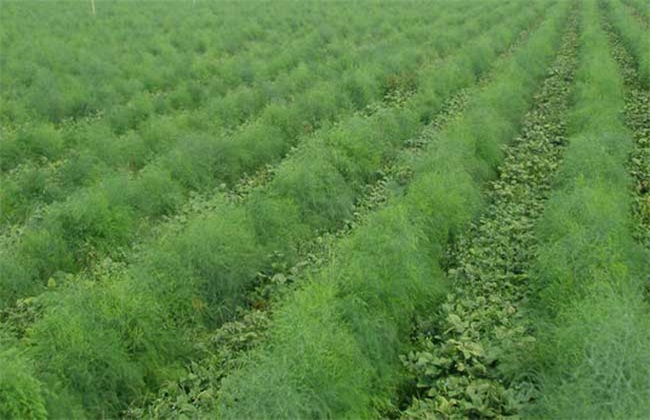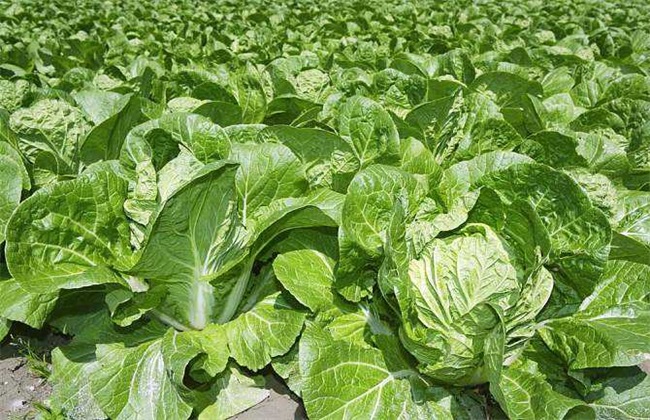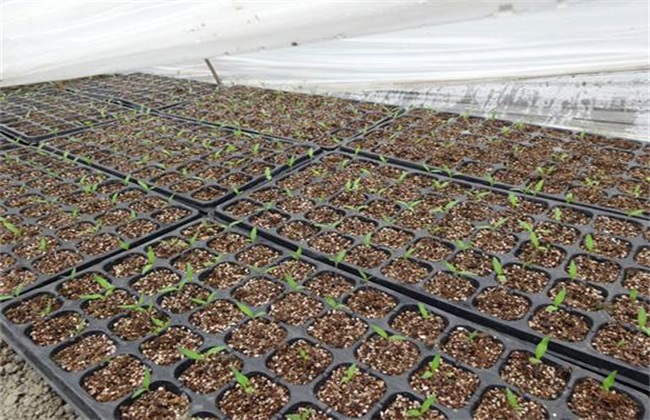Introduction to planting techniques of asparagus
Asparagus is a kind of herb of Liliaceae and Tianmen winter genus, which is widely distributed in China. At present, there are still some wild resources in our country, but most of them are artificially cultivated in other areas. Asparagus is not only a kind of vegetable, but also a kind of medicinal material, when it is used as a vegetable, it is mainly in the tender seedling stage. So do you know how to grow asparagus? What kind of process is asparagus planting? Today, let's learn the planting techniques of asparagus.

1. Soil and fertilizer management
Asparagus has strong resistance and is generally easy to grow, and the survival rate of cultivation can basically reach more than 95%. Asparagus has good adaptability to the environment, and the general planting land can be used to plant asparagus. However, if asparagus wants good growth, good yield and good quality, then the planting soil should be fertile, rich in organic matter, rich in water source conditions, non-pollution, deep soil layer, good air permeability, strong water and fertilizer conservation capacity, and sufficient light. It should be noted that the previous crop should not be Liliaceae, and should not be planted in clayey soil. Sufficient farm manure should be sprinkled before soil preparation, the amount should be controlled at about 1000 kg, and soil preparation should be carried out with about 20 kg of compound fertilizer. Deep ploughing should be carried out, the soil should be refined, and then ditches should be opened for border leveling.
2. Methods of reproduction
We should choose excellent asparagus seeds and soak the seeds to accelerate germination. Because the hardness of asparagus seeds is relatively high and their water absorption capacity is poor, we should soak the seeds in warm water with a water temperature of about 30 degrees for two days. in the process of soaking, we usually change the water once a day, and rinse with clean water once a day to avoid rotten seeds. Asparagus seeds in the process of germination, if about 10% of the seeds are exposed to bud white, we can sow, which is also a difference between asparagus seeds and other crops. Sowing is generally in the way of direct seeding and strip sowing, sowing the seeds evenly in the field, and then covering the soil to cover the seeds, watering again, waiting for the seeds to emerge.
3. Cultivation techniques.
After asparagus seeds emerge, when the seedlings grow to about 15 centimeters, we can plant seedlings and transplant seedlings. The density is controlled at 40 centimeters between rows and 25 centimeters between plants. It is necessary to cover the soil twice after the colonization survived, which is about half a month after the colonization survival and about one month after the colonization survival. When covering the soil, clean up the weeds growing in the field. When the seedlings grow to about 12 cm, the first topdressing is mainly cake fertilizer. Topdressing in the later stage needs to be carried out according to the growth of asparagus, but the last fertilization is before Frosts Descent every year, which can improve the resistance of asparagus so that it can survive the winter safely. In addition, in the process of topdressing, we still have to apply more organic fertilizer and use less chemical fertilizer as much as possible. Finally, we need to keep the soil moist, watering in time in the hot and dry season, while less watering and timely drainage in low temperature or silverfish weather.
4. Disease and pest control
The main diseases of asparagus are anthracnose, brown spot and rust, these three diseases are the most harmful in the growth process of asparagus, so after the diseased plant, it is necessary to burn in time and disinfect the soil. Before and at the initial stage of the disease, we can use anthrax Fumei wettable powder, carbendazim wettable powder, Foxing EC for prevention and treatment, once a week, usually two or three times. The most common pests are aphids, red spiders and grubs, which should be caught and killed in time when pests are found, or use low-toxic pesticides to kill insects.
Asparagus planting is actually very simple, we generally as long as according to the above planting process, basically no big problem. Of course, there are some detailed management techniques to understand, if you are interested, you can follow us.
Related
- Where is it suitable to grow horseradish in China? it is expected to see the middle altitude horseradish in Alishan.
- How to prevent tomato virus disease reasonably? (Control methods included)
- Many people like to plant towel gourd on the balcony. What are the main points of this method and management?
- What crops can chili peppers be mixed with?
- Fertilization techniques and matters needing attention in Tomato
- What are the grafting techniques for peach seedlings in spring?
- Harm and control methods of root swelling disease of Chinese cabbage
- What are the pests of sweet potatoes? How to prevent and cure it?
- Symptoms, causes and Control methods of navel Rot in Tomato
- The cause of "Cucumber rotten bibcock" in Farmers' planting Cucumber and its Control Plan



